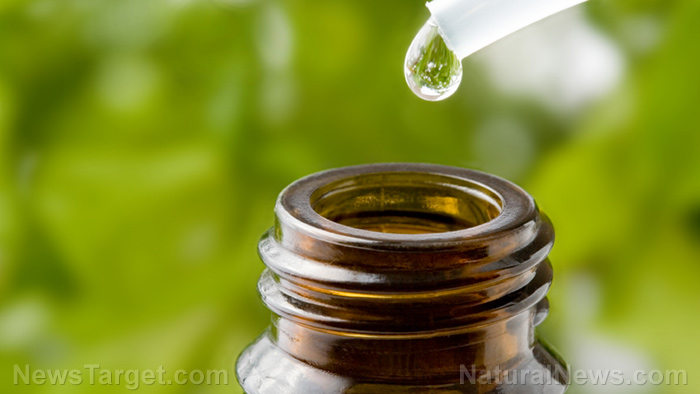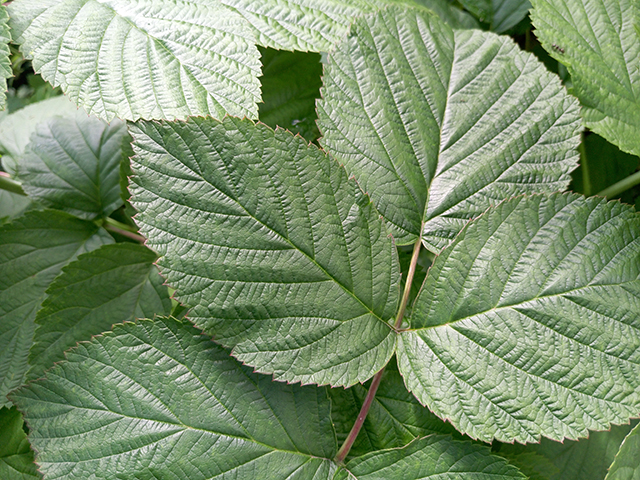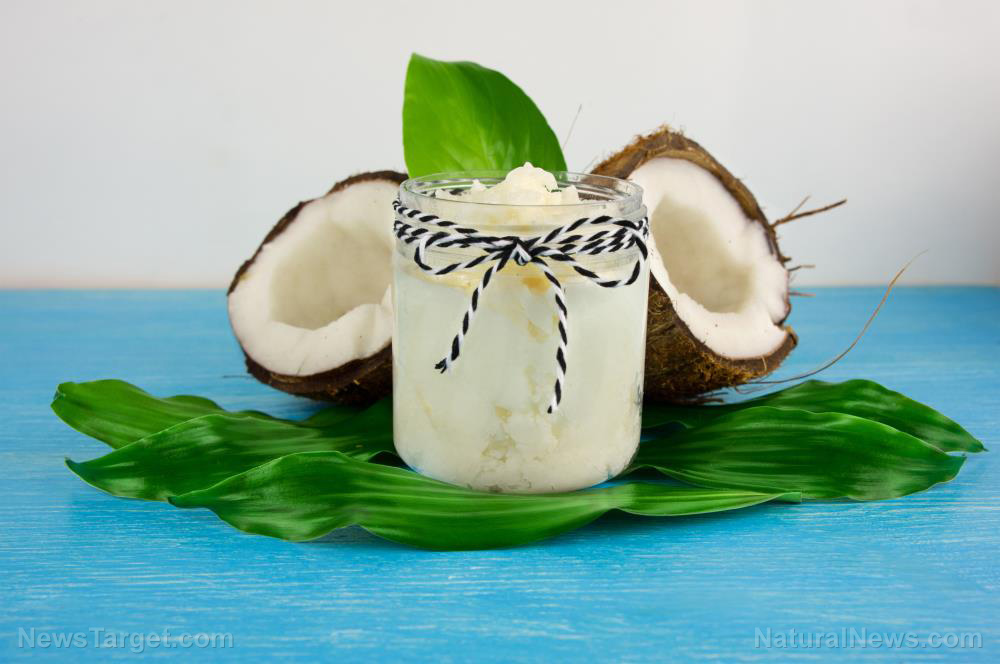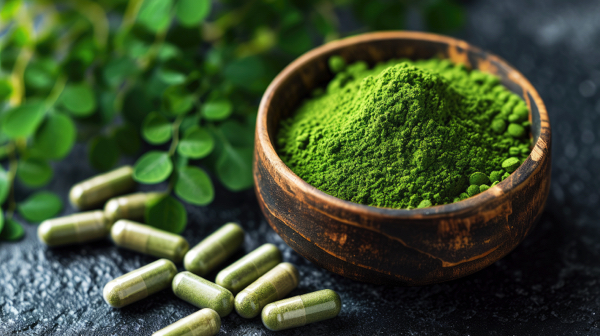Strawberries: A sweet superfood packed with nutrition and health benefits
05/01/2025 / By Laura Harris
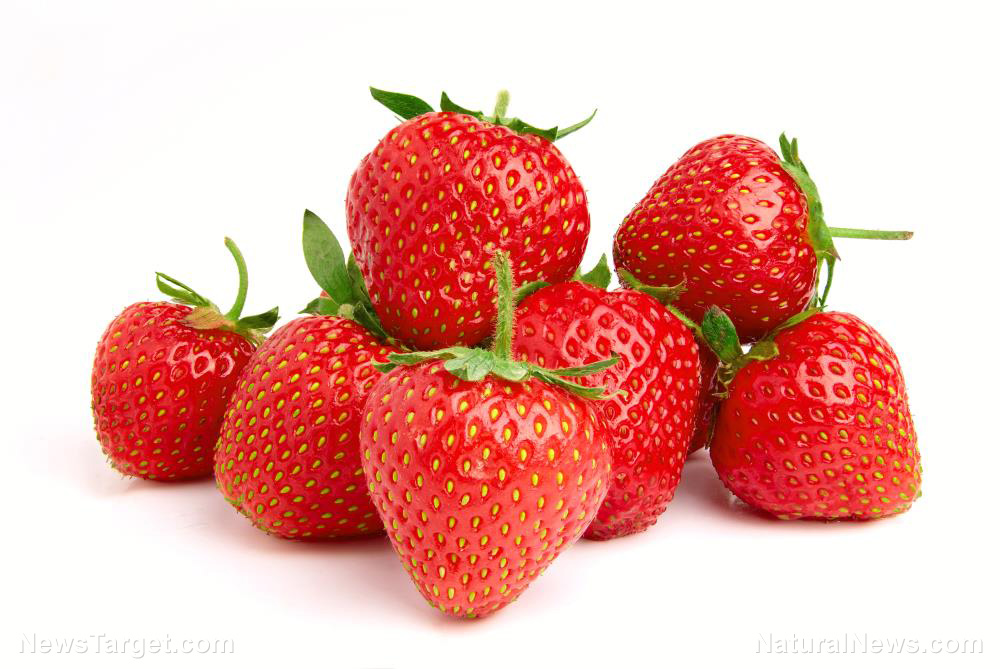
- Strawberries are rich in vitamin C, manganese, fiber, antioxidants and essential minerals, supporting immunity, heart health and digestion.
- Conventionally grown strawberries frequently top the “Dirty Dozen” list for pesticide contamination, including harmful chemicals like carbendazim and malathion. Opting for organic reduces exposure.
- Modern strawberries originated in 18th-century Europe from cross-breeding American and Chilean varieties. They’ve been valued since ancient times for flavor and medicinal uses.
- While highly nutritious, pesticide residues and potential heavy metals in non-organic strawberries pose risks. Thorough washing and choosing organic mitigate these concerns.
- Strawberries enhance sweet and savory dishes – from smoothies, desserts (shortcake, pies) and salads to preserves, salsas and beverages like strawberry lemonade.
Strawberries are more than just a sweet, juicy treat – they are a nutritional powerhouse packed with essential vitamins, minerals and antioxidants. Revered for centuries for their flavor and health benefits, strawberries have earned their place as one of nature’s most versatile superfruits.
Brief history of strawberry
The strawberry (Fragaria × ananassa) is a hybrid fruit that belongs to the rose family, which also includes apples and roses. While wild strawberries have existed for millennia, the modern cultivated strawberry originated in Europe in the 18th century and was the result of cross-breeding North American and Chilean varieties.
Strawberries have been cherished since ancient times, with historical records documenting their use in Roman medicine and medieval European gardens. By the 16th century, they were widely cultivated for their flavor and medicinal properties. Today, they are grown globally, with the United States, Mexico and Spain being among the top producers.
Nutritional benefits and considerations
Strawberries are a low-calorie, nutrient-dense fruit, making them an excellent addition to a healthy diet. Here’s a breakdown of their key nutrients:
Vitamins and minerals
- Provides more than 100 percent of the daily recommended intake of vitamin C, boosting immunity and collagen production.
- Manganese, an essential nutrient for metabolism and bone health
- Folate (B9), vitamin B that supports cell function and fetal development during pregnancy
- Potassium, a mineral that helps regulate blood pressure
- Vitamin K, an important nutrient for blood clotting and bone health
- Fiber, which aids digestion and promotes gut health
Phytonutrients
Strawberries are rich in antioxidants like anthocyanins (which give them their red color), ellagic acid and quercetin, which help combat oxidative stress, reduce inflammation and help lower the risk of chronic diseases such as heart disease and cancer. (Related: Study: Strawberries can help protect against brain inflammation and Alzheimer’s.)
Natural sugars and laxative properties
While strawberries contain natural sugars (fructose), their fiber content helps regulate blood sugar levels. Additionally, their seeds have mild laxative effects, aiding digestion.
Strawberries are highly nutritious, but there are some concerns about pesticide residues.
Conventionally grown strawberries often rank among the most contaminated produce on the Environmental Working Group’s (EWG) “Dirty Dozen” list. Tests show that over 90 percent of non-organic strawberries contain multiple pesticides, including harmful chemicals like carbendazim (a hormone disruptor), bifenthrin (a neurotoxin) and malathion (a potential carcinogen), even after washing.
In rare cases, heavy metals like cadmium and lead may also be present if grown in contaminated soil.
To reduce exposure, choose organic strawberries whenever possible and wash them thoroughly before eating, even if they’re organic. This helps promote a healthier diet while minimizing risks from toxic chemicals.
Culinary uses and recipes
Strawberries are incredibly versatile and can be used in both sweet and savory dishes. Here are some popular ways to incorporate them into meals:
Breakfast and smoothies
- Strawberry banana smoothie – Blend strawberries, banana, yogurt, and a splash of almond milk for a nutrient-packed drink.
- Oatmeal or yogurt topping – Fresh or frozen strawberries add natural sweetness.
Desserts and baked goods
- Strawberry shortcake – A classic dessert with layers of sponge cake, whipped cream and fresh strawberries.
- Strawberry pie – A sweet, jammy filling in a flaky crust.
- Chocolate-covered strawberries – A simple yet elegant treat.
Savory dishes and salads
- Strawberry spinach salad – Combines strawberries, spinach, nuts and balsamic vinaigrette.
- Strawberry salsa – A refreshing mix of strawberries, jalapeños, cilantro and lime, perfect for grilled meats or chips.
Beverages and preserves
- Strawberry lemonade – A summertime favorite.
- Homemade strawberry jam – Free from artificial additives, great for toast or pastries.
- Strawberry wine – A fermented delicacy for those who enjoy homemade brews.
Strawberries are a delicious, nutrient-rich fruit with a long history of culinary and medicinal use. Packed with vitamins, antioxidants and fiber, strawberries can support heart health, immunity and digestion. Whether enjoyed fresh, blended into smoothies or baked into desserts, strawberries are a versatile superfood that can enhance the flavor and nutrition of countless dishes.
This story is not medical advice and is not intended to treat or cure any disease. Always consult with a qualified naturopathic physician for personalized advice about your specific health situation or concern.
Explore more health benefits of superfoods and other natural ingredients at NaturalNews.com, your trusted source for wellness insights and nutritional knowledge.
For cutting-edge tools to expand your understanding of natural health, try Brighteon.ai, an innovative AI model created by Mike Adams, the Health Ranger. This free, downloadable tool is designed to decentralize knowledge, bypass censorship, and empower individuals with actionable information.
If you’re passionate about nutrition, natural medicine, and uncensored discussions, visit Brighteon.com, a free speech video platform, and join our vibrant communities on Brighteon.IO and Brighteon.social. Dive into open conversations about food, ingredients and holistic health today!
Watch the video below to know more about the top five health benefits of strawberries.
This video is from the Health Tips channel on Brighteon.com.
More related stories:
Strawberry nutrient protects against Alzheimer’s, study finds.
Strawberry tea can be used to treat diarrhea and dysentery.
Tips for prolonging the shelf life of fresh strawberries.
Sources include:
Submit a correction >>
Tagged Under:
antioxidants, food science, Fresh, fruits, functional food, grocery, health science, ingredients, natural health, nutrients, organics, phytonutrients, strawberries
This article may contain statements that reflect the opinion of the author
RECENT NEWS & ARTICLES
COPYRIGHT © 2017 NATURAL HEALTH NEWS




